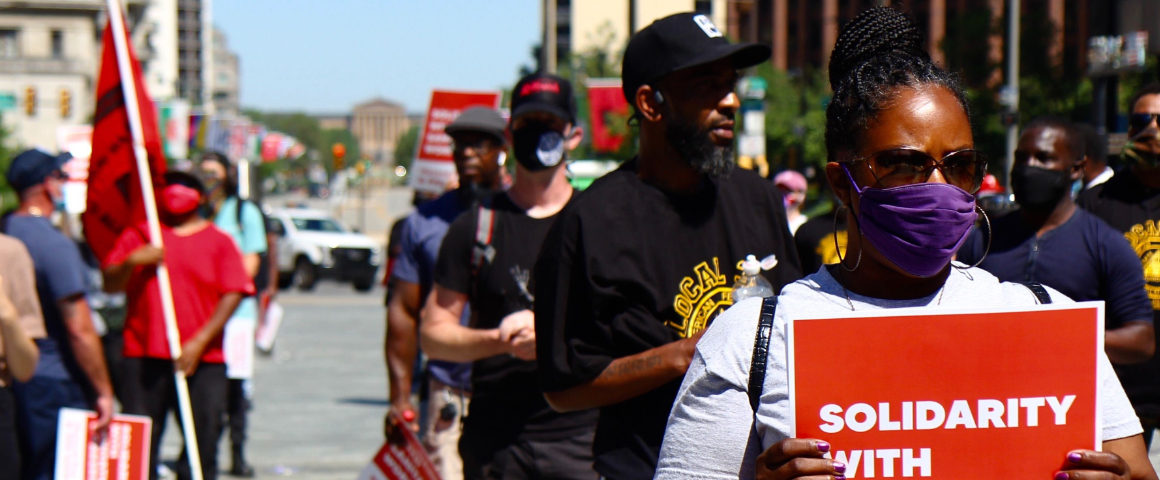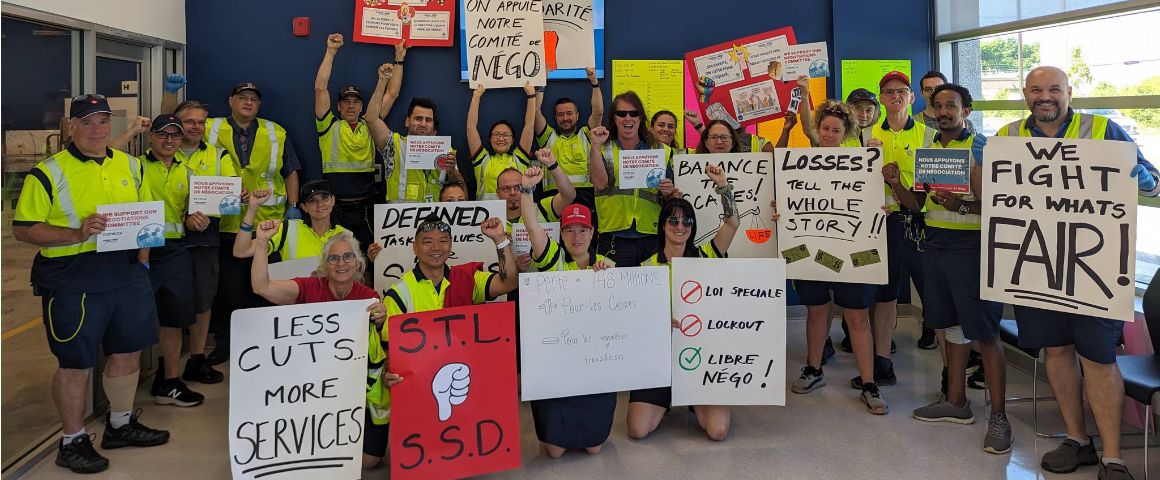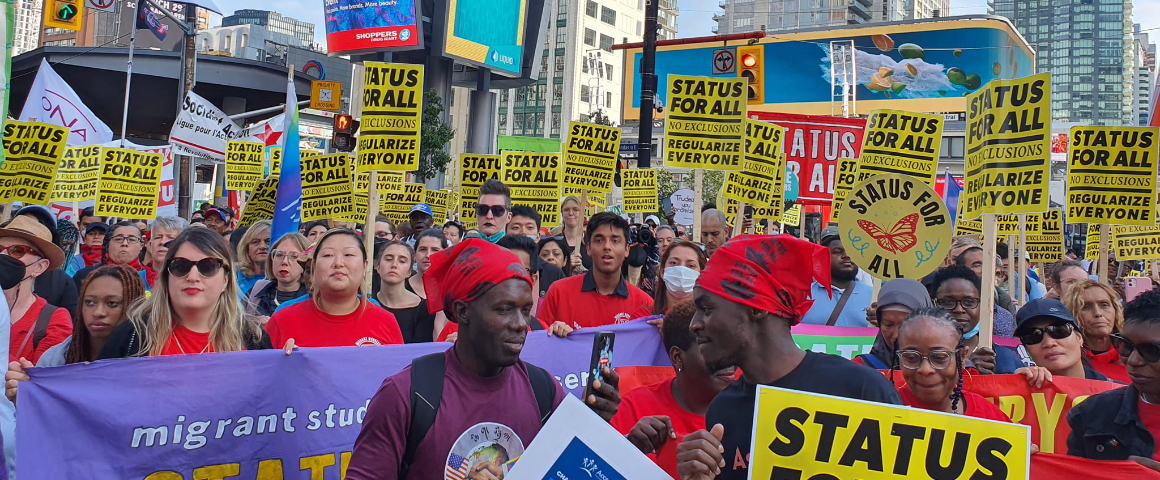By Kari Thompson
When I think about the incredible legacy of Dr. Martin Luther King, Jr., I think of something that doesn’t always get mentioned: Dr. King’s leading role in the fight for workers’ rights.
This past January 15, Martin Luther King Day, UE members in North Carolina and Virginia stood proud to honor that legacy by marching in Charlotte, Greensboro, Durham, Raleigh, Greenville and Rocky Mount, NC and in Norfolk, VA. They demanded a $25 per hour minimum wage and essential collective bargaining rights for all municipal workers.
Corporations and bosses try to appropriate Dr. King’s message by telling a sugar-sweet story of steady progress, resulting in racial and economic harmony in our time. At the UE (United Electrical, Radio and Machine Workers of America) Research and Education Fund, we like stories, too. But we know this one is a lie. Sixty years after Dr. King’s assassination, Black municipal workers in the US South continue to suffer from low pay, lack of workplace protections and institutional racism. We founded our Southern Worker Justice Campaign to fight with Black and Brown workers for better wages, safer conditions and most of all – the right to unionize.
Vincent Daniels, who is employed in Public Works for the City of Durham and is a member of UE Local 150, knows the real story all too well. Wages for municipal workers in Durham have fallen so far behind the cost of living that his department is severely understaffed. Speaking at our MLK Day March, Vincent said:
“We’re marching because… we’re expected to keep up with the citizens’ demand with half the workforce and half the pay of other municipalities. We are employed by a city that claims it cannot afford our services. But that’s a bunch of garbage. They have the funds to give us competitive pay, but they prefer to keep it stored away for who knows what. The cost of living is exponentially higher than it was a decade ago, and our pay is practically the same.”
Velma Owens, a public utility worker in Norfolk, VA, similarly spoke truth to power at our MLK Day March in her city. She said, “Norfolk needs more female leaders. We are discriminated against for promotions and have historically made less than our male counterparts. Only collective bargaining will bring fairness to the workplace.”
Workers from several cities in the Tidewater Region of Virginia marched in Norfolk.
Bans on public sector collective bargaining in the US South date to the civil rights era. They target sectors where the majority of workers are Black and Brown, and they were intended from the start to disempower people of colour. These bans are a core driver of institutional racism. They are a shame on the states that continue to impose them – on Martin Luther King Day and every day.
Kari Thompson is Director of the Research and Education Fund for the United Electrical, Radio and Machine Workers of America (UE)
[Photo: WHYY]
Support socialist media!
If you found this article useful, please consider donating to People’s Voice or purchasing a subscription so that you get every issue of Canada’s leading socialist publication delivered to your door or inbox!
For over 100 years, we have been 100% reader-supported, with no corporate or government funding.




